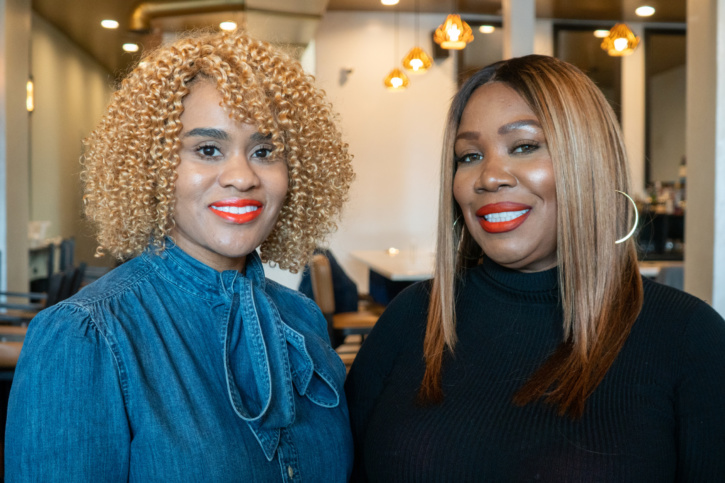By Pashon Murray & Nya Marshall
We are in a Climate Crisis. Our local environment is a reflection of our global environment;
which means we keep taking hits, but it’s imperative that we repair the damage.
For so long, BIPOC (Black, Indigenous, and other people of color) communities like ours have
been uninvited and left out of key conversations involving Climate Change. We know that
environmental justice and climate equity call for our leadership.
Slavery’s address has changed but the Climate Crisis is definitely—without a doubt—linked to
humanity’s long history of inequality and injustice preserved and institutionalized by legacies of
colonialism and slavery that was based on the exploitation of people, hijacking of land, and
destruction of nature.
But, what is sustainability?
We’re glad you asked! But first, let’s discuss why it’s even something you should care about.
The pattern of polluting BIPOC communities isn’t new, nor is it unique to Detroit. Across the
globe, communities that look like ours are often the target for oil refineries, landfills, incinerators, flooding, and other major environmental pollutants.
After all, why pollute an area that has already been established as a home to wealthy (usually
white) families? Ours are the families that are usually deemed as exceptional losses.
We can’t control natural disasters’ impacts on communities. Sometimes it’s unpredictable. But,
without proper representation from people who are impacted or have been in the past, our
voices can’t be heard.
Sometimes, the two of us are the only people of color in the rooms where some of these key
environmental and communal decisions are made. And that’s unacceptable. Still, there are
ways to create change.
As more of us make our way to the boardrooms, city, and environmental council meetings that
can decide our collective fate, we can all contribute to changing our circumstances and
improving our quality of life. Sustainability can help with that.
So, back to that question: What is sustainability?
Sustainability is bringing balance to the world with natural resources. It’s how everyday people
can create new systems that replace those that never functioned with us in mind.
Sustainable models stand on three pillars: social, environmental, and economical.
Social
People are the power behind any positive change. Improvements are possible through social
interaction and education.
That means all of us, not just a chosen few.
Environmental
When most people talk about Climate Change and environmental effects, it’s usually a
high-brow, scientific conversation. That’s not where we’re coming from—at all.
We mean our neighborhoods, our streets, and our blocks. Your personal environment is
paramount to creating balance for us all, and for our communities.
That means that environmental justice reforms are key for equitable environmental justice to
become a reality.
Economic
Money makes the world go ‘round. There is economic value in creating new manufacturing and
other large-scale businesses, but the overall cost to people who look like us is usually
considered to be too high to pay.
The COVID-19 pandemic revealed many inefficiencies in economic models across the globe,
including right here in Detroit.
There is even greater economic value in sustainable business models that lend themselves to
deeper community involvement. There’s this funny thing that happens when people save
money: they tend to make even more of it.
We’re Pashon and Nya, Michigan natives and Detroiters who love the city beyond measure.
That’s why we want to help fix some of its problems. And we hope you’ll join us.
What do you know about your carbon footprint? We’ll have the information you need next
month.

